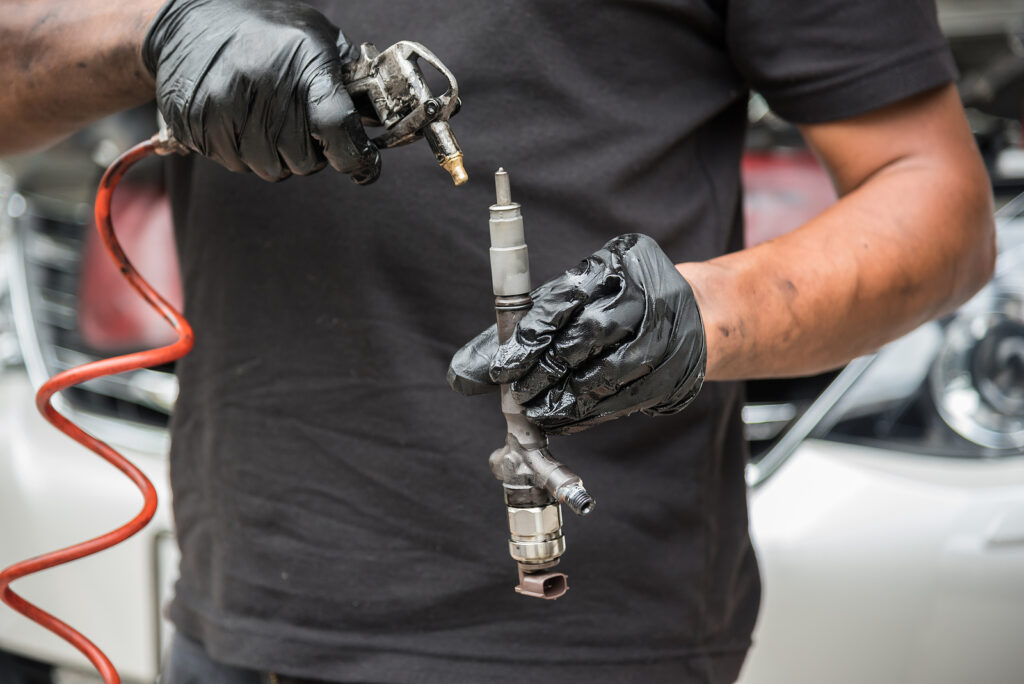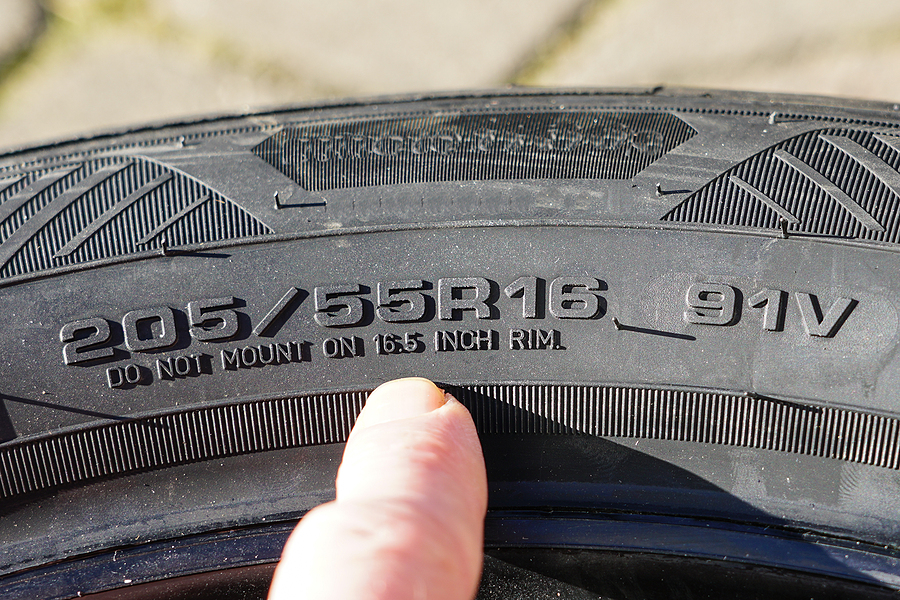Driving your car with a loose gas cap might seem like a minor oversight, but it can lead to significant consequences. For car owners, ensuring every part of the vehicle is secure is crucial not only for performance but also for safety and environmental reasons. A gas cap, while small, plays a vital role in sealing your fuel system, preventing fumes from escaping, and ensuring the car runs efficiently. This post will guide you through understanding the significance of a gas cap, recognizing when it’s loose, and how to handle the situation effectively.

Signs of a Loose Gas Cap
A loose gas cap can be more problematic than it appears. One of the primary signs is an illuminated check engine light on your dashboard. This indicator often causes panic among drivers, but it might simply be due to a gas cap that’s not secured. Additionally, you might notice a slight gasoline smell around your vehicle, indicating that vapors are escaping. Another sign is reduced fuel efficiency, as the vehicle’s system may not be optimized to contain fuel properly when the cap is loose.
Detecting these symptoms early can save you from future inconveniences. If you’re unsure whether your gas cap is the culprit, a quick visual inspection can help. Check if the cap is sitting flush with the tank opening. It’s also worth noting any rattling noises when driving, which may suggest the cap is not tightened correctly. Being aware of these symptoms can aid in maintaining your car’s performance and avoiding unnecessary stress.
Understanding Gas Cap Problems
Why does a loose gas cap trigger the check engine light? Modern vehicles are equipped with sensors that monitor the fuel system’s integrity. A loosened or missing gas cap disrupts this system by allowing air to enter, which can cause the sensor to alert you via the check engine light. This is because the vehicle’s evaporative emission system (EVAP) relies on a sealed environment to function optimally. When compromised, it can affect your car’s emissions and overall efficiency.
Ignoring a loose gas cap can lead to more than just a pesky warning light. Over time, the evaporative system’s inefficiency can impact the environment by releasing harmful gases. Additionally, your car’s computer system might misinterpret the issue, leading to unnecessary and costly diagnostics. Understanding this problem helps you take timely action, ensuring your car remains in top condition while reducing your environmental footprint.
DIY Solutions for a Loose Gas Cap
Before rushing to a mechanic, there are simple DIY solutions to address a loose gas cap. Begin by checking the cap’s condition—inspect for cracks, wear, or damage that might prevent it from sealing properly. If the cap appears intact, ensure it’s tightly secured by rotating it clockwise until you hear a click. This sound indicates that the cap is locked in place.
If the check engine light persists, consider replacing the gas cap, as it might be too worn to function correctly. Gas caps are generally inexpensive and available at most auto parts stores. Installing a new one is straightforward—simply remove the old cap and screw in the new one until it clicks. Performing these steps can often resolve the issue, saving you the time and expense of a professional evaluation.
How to Replace a Lost Gas Cap
If your gas cap is missing, it’s essential to replace it immediately. A lost cap leaves the fuel system exposed and can result in dirt, dust, or water entering the tank. Finding a suitable replacement is crucial as caps vary in size and design, depending on the vehicle model. It’s best to consult your car manual for specifications or ask an expert at an auto parts store for assistance.
When to Seek Professional Help
While a loose gas cap is often easy to fix, there are times when professional intervention is necessary. If tightening or replacing the cap doesn’t resolve the check engine light, it could indicate a more serious issue within the fuel system. Persistent warnings might suggest a leak in the fuel line or a malfunctioning sensor, both of which require expert attention. Additionally, if you notice a strong gas smell or observe fuel leakage, it could be a sign of a deeper problem needing immediate repair.
Consulting a mechanic ensures a thorough diagnostic check. Professionals have the tools and expertise to accurately pinpoint the issue, preventing potential damage to your vehicle. It’s better to err on the side of caution and seek advice when unsure, especially if you experience recurring problems with the fuel system. Protecting your car’s longevity and performance should always be a priority.
Preventative Measures
Preventing a loose gas cap situation is simpler than dealing with its consequences. Regularly check your gas cap at each refuel to ensure it’s tightened correctly. Make it a habit to listen for the click when closing the cap. Additionally, keep the cap and its surrounding area clean to avoid dirt or debris interfering with the seal. Maintaining these practices can significantly reduce the chances of encountering issues.
Another preventive measure is routine vehicle maintenance. During scheduled inspections, ask your mechanic to check the gas cap’s integrity. They can identify potential weak points before they become a problem. Investing a little time in these checks can spare you from future hassles, ensuring smooth operation and efficiency of your car.
In Summary
A secure gas cap may seem trivial, but its impact on your vehicle’s safety and performance is substantial. Regular maintenance and awareness of your car’s condition can prevent minor issues like a loose gas cap from escalating into significant problems. By taking proactive steps and seeking professional help when needed, you contribute to the longevity and reliability of your vehicle.
Remember, your car is an investment that serves you daily. Taking care of seemingly small details like the gas cap plays a role in maintaining its health and efficiency. For those who wish to explore more about car maintenance and ensure their vehicles are in excellent condition, consulting with a local auto repair shop is highly recommended. They can provide tailored advice and services to meet your specific needs.
Keeping up with regular auto maintenance is the most reliable way to maintain your car’s roadworthiness. Contact Autohaus Dierolf at 317-571-0800 for European auto repair and auto service in Carmel, Indiana. We specialize in all make and model European and German vehicles.
Related Posts:
5 Car Maintenance Services That Protect Your Life
Maximize Your Mileage: A Commuter’s Guide to Fuel Efficiency
Harnessing the Power: Troubleshooting Common Auto Electrical Issues




